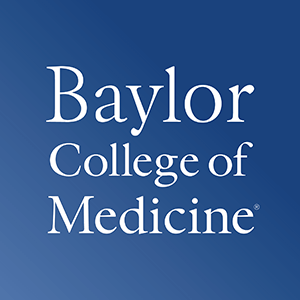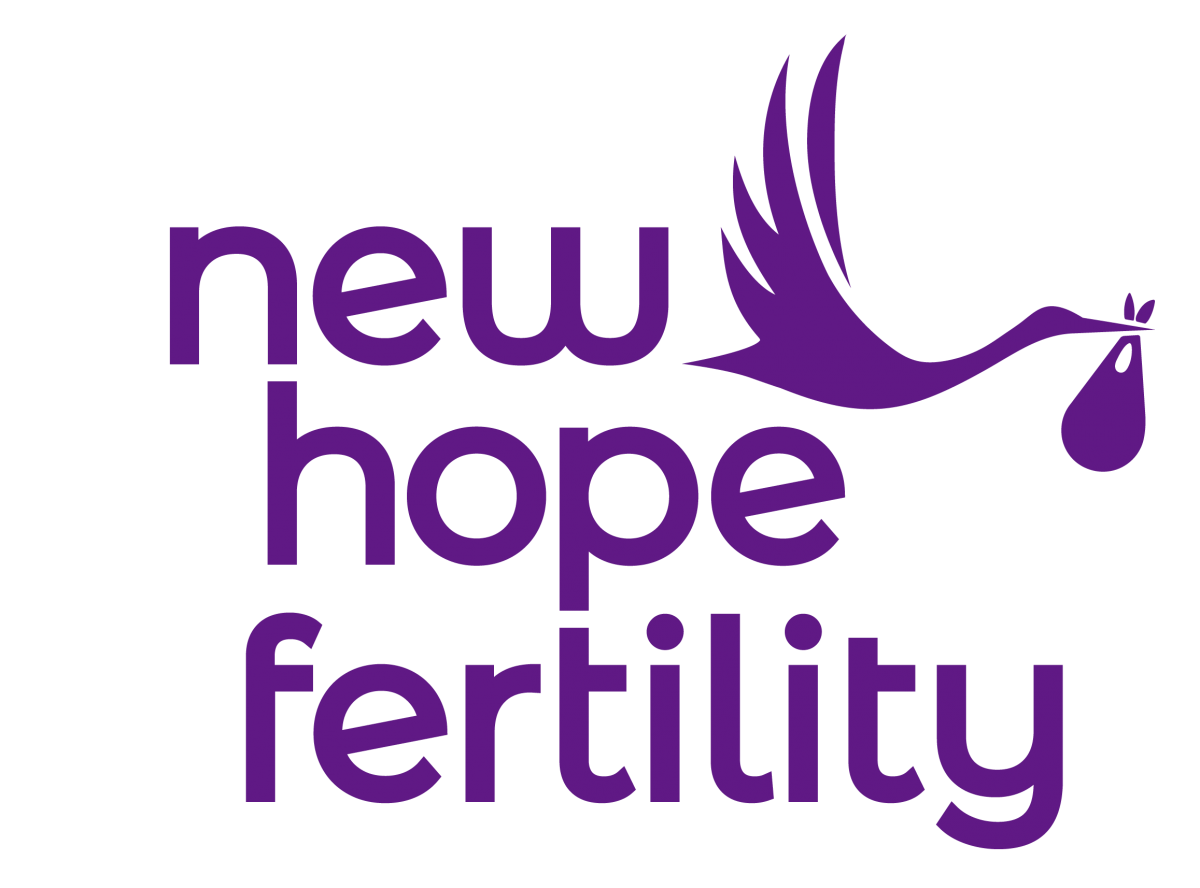
CanIndia News: Technique used in world’s first three-parent baby revealed
Scientists have revealed the procedure of a pioneering IVF technique that enabled the birth of world’s first three-parent baby last year, giving hope to families with inheritable mitochondrial disorders.

ScienceDaily: Technique for ‘three-parent baby’ revealed
Details of a pioneering IVF technique using mitochondrial replacement therapy (MRT) have been revealed, giving hope to those families with inheritable mitochondrial disorders that they may be able to have healthy children in the future.

Independent: Doctors accuse scientists responsible for ‘three parent babies’ of experimenting on humans
Doctors have accused scientists behind controversial “three-parent babies” of experimenting on humans.
Dr David Clancy from the University of Lancaster said the data is incomplete on how the technique, which replaces flawed mitochondrial DNA with healthy mitochondria from a healthy donor, works and says there is a possibility it involves experimenting on a human child that has no capacity to consent.

Women’s Health: The Mitochondrial Minefield of Three-Parent Babies
Todd was paralyzed in a dirt biking accident in 2014 and met Amanda while in rehab where she worked as a recovery specialist.
“We definitely weren’t trying to have a baby—we wanted to get engaged, get married, and then start trying in a few years,” Amanda told TODAY Parents. “We found out at the beginning of December and were extremely shocked and overwhelmed. We took a test together and just about freaked out.”

Undark: The Mitochondrial Minefield of Three-Parent Babies
In September, reproductive endocrinologist John Zhang and his team at the New Hope Fertility Center in New York City captured the world’s attention when they announced the birth of a child to a mother carrying a fatal genetic defect. Using a technique called mitochondrial replacement therapy, the researchers combined DNA from two different women and one man to bypass the defect and produce a healthy baby boy.

CNN: Controversial IVF technique produces a baby girl
It was a first for the entire world: Using a controversial in vitro fertilization technique, doctors in Kiev, Ukraine, helped a previously infertile couple conceive and deliver a baby girl. Some critics say, for genetic reasons, the use of this IVF method should have been restricted to producing a baby boy.
The baby was born on January 5, the result of an experimental technique known as “pronuclear transfer” and sometimes referred to as three-parent IVF

Independent: ‘Three-person IVF’ allows infertile couple to have baby in Ukraine in world first
A new type of ‘three-person IVF’ has allowed a previously infertile couple to have a baby in a world first.
The baby boy was born in Ukraine using a technique known as pronuclear transfer, a method experts have called “highly experimental”.
Doctors in Kiev fertilised the mother’s egg with the father’s sperm, and then placed the combined cells into an egg donated by a third woman.

Baylor College of Medicine: How the first three-parent embryo potentially impacts health policy
In late September, it was reported that Dr. John Zhang, a U.S. doctor and fertility specialist based in New York City, had successfully created a three-parent embryo resulting in the birth of a baby boy in Mexico. When asked why he chose Mexico, Zhang said, “There are no rules.”
There are many valid reasons an individual would seek treatment abroad, including price, wait times, and availability.

Nature: Ten people who mattered this year.
Shock, anger, scepticism and congratulations. Those were some of the reactions that fertility specialist John Zhang triggered in the scientific community in September, when he announced that a controversial technique that mixes DNA from three people had been used to produce a healthy baby boy.

ITV: Three-parent babies set to get the go-ahead
Fertility doctors are today expected to get the go ahead to create the UK’s first “three-parent baby” in 2017, if the Government’s fertility regulator approves treatment. The procedure, called mitochondrial replacement therapy, is given to women who are in danger of passing on debilitating and sometimes fatal genetic conditions to their children. And if the Human Fertilization and Embryology Authority pass the recommendations, it will allow clinics to apply for licenses.

New Scientist: Exclusive: Mexico clinic plans 20 ‘three-parent’ babies in 2017
Many more three-parent babies will soon be on their way. A clinic in Mexico is planning to use the technique in 20 pregnancies in the first half of 2017, according to its medical director Alejandro Chavez-Badiola.
The first baby to be born using such a technique to prevent passing on genetic disease was born this year. Test results yet to be published have revealed that the baby boy is perfectly healthy, New Scientist has been exclusively told.

The Guardian: UK experts give green light to ‘three-parent babies’
British scientists on Wednesday approved the use of so-called “three-parent baby” fertility treatments, paving the way for the country to become the first in the world to officially introduce the procedures.
An independent panel of experts tasked with reviewing the safety of mitochondrial gene therapy said the practice should be “cautiously adopted” to prevent certain genetic diseases from being passed on to future generations.
